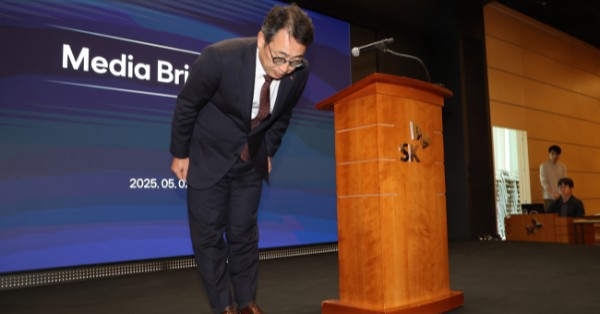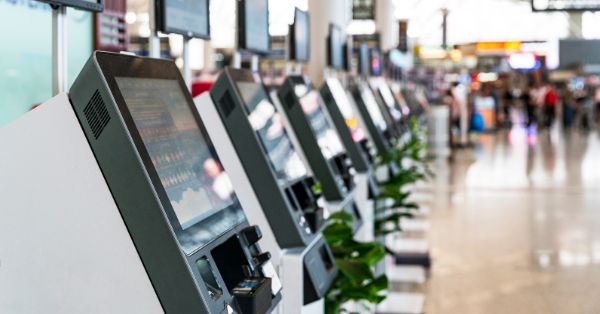SK Telecom’s Data Breach: A Deep Dive into Its Impact and Broader Industry Implications
The recent cyberattack on SK Telecom, South Korea’s largest telecom operator, has sent shockwaves through the industry. Termed the “worst-ever” hacking incident by the company’s CEO, Ryu Young-sang, it led to a substantial customer defection, with over 70,000 users switching to rivals within just two days. This event underscores the critical vulnerabilities within telecom infrastructures and the cascading effects on customer trust and corporate finances.
Immediate Response and Customer Exodus
In the aftermath of the breach, SK Telecom took swift action to mitigate the damage, including offering free USIM card replacements. However, the initial response was deemed insufficient by many, as reflected in the rapid loss of about 58,000 subscribers in the first two days alone. The majority migrated to competitors KT and LG Uplus, highlighting the competitive stakes tied to data security in the telecom sector.
Financial Strain and Legal Challenges
The financial repercussions for SK Telecom are significant. Analysts from Shinhan Securities estimate that the cost for USIM card replacements could escalate to approximately 200 billion won. Moreover, the telecom giant faces potential regulatory fines and a burgeoning class-action lawsuit, with claims already filed in the Seoul Central District Court seeking damages of around $7,300 per person. This financial strain is compounded by the operational costs of overhauling security measures and systems to prevent future incidents.
Regulatory and Industry-Wide Reactions
The breach has prompted a robust response from regulatory bodies like the Financial Services Commission and the Financial Supervisory Service, which have tightened security protocols across the sector. An emergency response team has been established to address immediate threats and to bolster defenses against potential spillovers into the financial sector. This move indicates a growing recognition of the interconnected risks that cyber threats pose beyond their immediate targets.
The Strategic Relevance of Cybersecurity in the Telecom Industry
This incident is a potent reminder of the vulnerabilities that persist in even the most robust telecom systems. For industry leaders and network architects, the breach at SK Telecom is a clear signal that cybersecurity needs to be a top priority, integrated seamlessly with other operational considerations.
Implications for Telecom Executives and Network Strategists
For those at the helm of telecom companies, this incident serves as a critical case study. It highlights the need for not only robust cybersecurity measures but also for rapid, transparent response strategies that can mitigate damage and restore consumer trust efficiently. Investing in advanced, predictive cybersecurity tools and fostering a culture of security-first in all operational practices are no longer optional but necessary for survival and competitive advantage in this high-stakes industry.
Emerging Trends in Telecom Cybersecurity
The increasing frequency of cyberattacks necessitates a proactive approach to security, particularly in sectors as critical as telecom. Companies must stay ahead of emerging threats through continuous updates to their security practices and by participating in industry-wide collaborations for sharing best practices and breach information. This collaborative approach could be pivotal in fortifying the entire sector against future threats.
Concluding Thoughts: Strengthening Defenses in the Wake of the Breach
The SK Telecom incident is a stark reminder of the fragility of digital trust and the tangible impacts of cybersecurity failures. As the company works towards damage control and rebuilding trust, the broader industry must reflect on this event as a catalyst for strengthening cybersecurity frameworks. For B2B buyers, analysts, and CTOs, this situation underscores the critical importance of ongoing investments in cybersecurity and robust crisis management strategies. Ensuring the security of user data is paramount, not only to meet regulatory requirements but as a fundamental component of customer relationship management and business continuity planning.
In conclusion, while SK Telecom addresses the immediate fallout, there are broader lessons to be learned for all telecom operators. The incident reiterates the need for an ever-evolving approach to cybersecurity, emphasizing that in the digital age, a robust defensive strategy is as crucial as any other aspect of telecommunications service delivery.






























